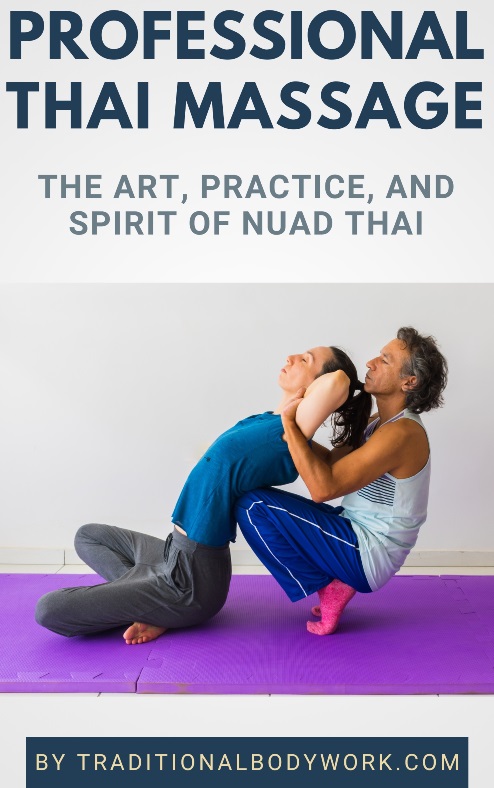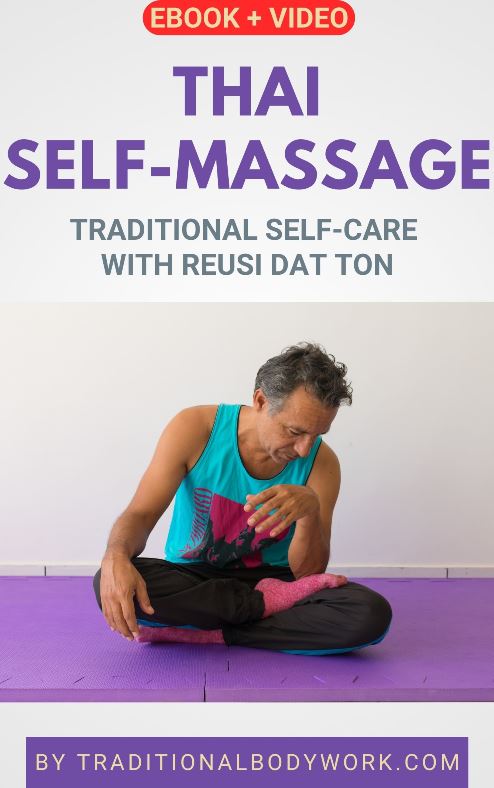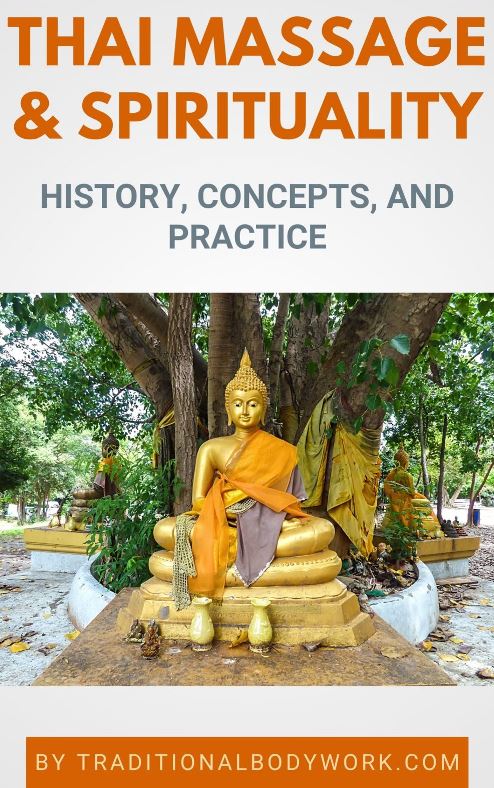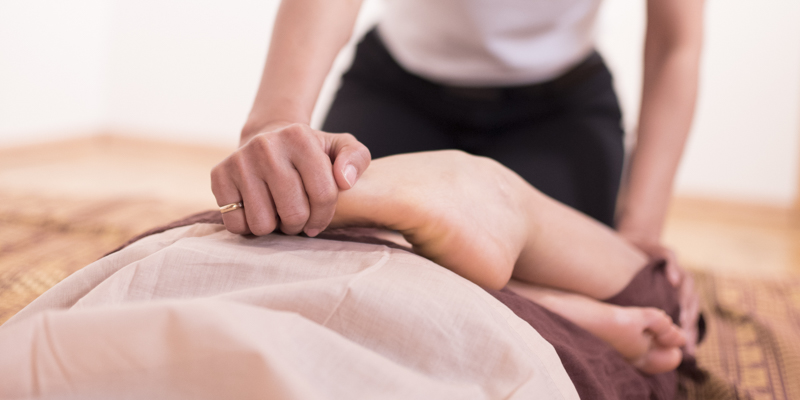
If you like your hobby or work very much it’s not uncommon that you would also like to share that with others.
I fell in love with doing Thai Massage, and it became very quickly, very obvious to me that I would want to teach Thai Massage. To me, Thai Massage was the single most fabulous form of massage and bodywork, and I couldn’t imagine differently than that others would want to learn doing it also.
Of course, bit by bit you learn that there are only so much people who think the same as you do, and that the “market” of teaching Thai Massage is limited. Sure. But that didn’t matter to me; it was simply my goal to be very good at my job, that is, giving Thai Massage, and, as said, I also wanted to share the methodology and techniques with others.
Nevertheless, things are not that black and white. There are various motives why Thai Massage practitioners and therapists would want to become a Thai Massage instructor and loving the work or loving to engage with people is often only one of those.
Doing Thai Massage as a professional can be quite hard work, physically and emotionally, and teaching can take a bit of that pressure away. It means you can earn more money in a shorter amount of time, which give you the option to better rest your body and mind, and also to just do something else than continuously giving treatments.
I’ve seen quite some practitioners who reach an age between 40 and 50 and are simply tired of giving Thai Massage. As said, it’s tough work, on the floor on a mat, with a lot of movement, stretches and lifting (of course, a bit depending on the Thai Massage style one practices) and it asks quite a lot of you.
Another motive is simply to make more money. You can only give so many sessions on a day and ask only so much for a session, but giving a Thai Massage course or workshop to ten students during a weekend or a week, can significantly raise your income.
Of course, teaching needs a certain place, environment, materials, and infrastructure, but still, generally spoken — if you manage to get enough students regularly — it pays better than giving sessions.
Moreover, if you really manage to grow your school or institute significantly, you will start to hire assistant teachers, and in the end you will probably not be teaching any longer, but only managing your school. If that’s something you would need to want is another question, but I’ve seen it happen.
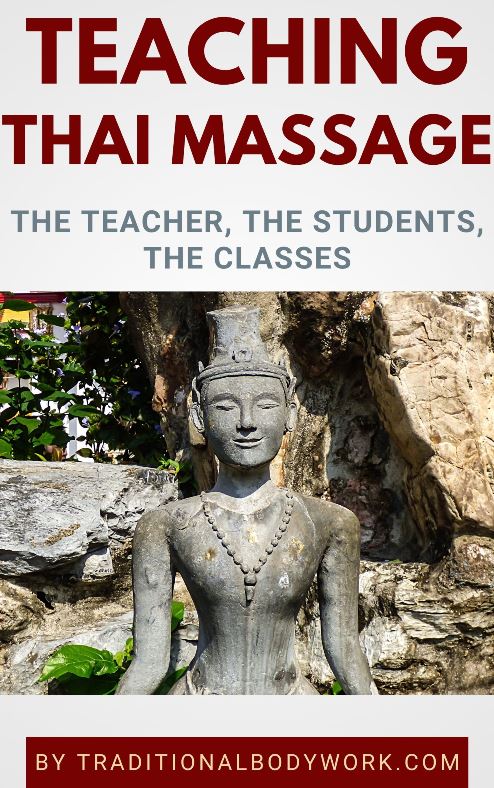
Apart from teaching in-person, there are therapists who choose to teach online, write books, or create video material. This generally asks for less investment than in-person, on-location training courses and it can be a good option to bring some variation in the work and to get some extra income additionally.
What I noticed myself when I was still teaching Thai Massage is that it made me a better practitioner. You really learn so much from your students, it brings you back to basics and it lets you understand better what you’re actually doing when giving Thai Massage and why you’re doing it.
Personally, I never wanted to be one or the other, that is, I had deliberately chosen to keep giving Thai Massage sessions besides from teaching Thai Massage. I think it makes you both a better teacher and practitioner.
But finally I think that the most important thing is, no matter what you do in life, to only keep doing it if — for the most part — you still love what you do. If not, it will affect you, your clients and your students negatively. When you start to notice that, it has simply become time to move on with your life, whatever it will cost, I might say.



